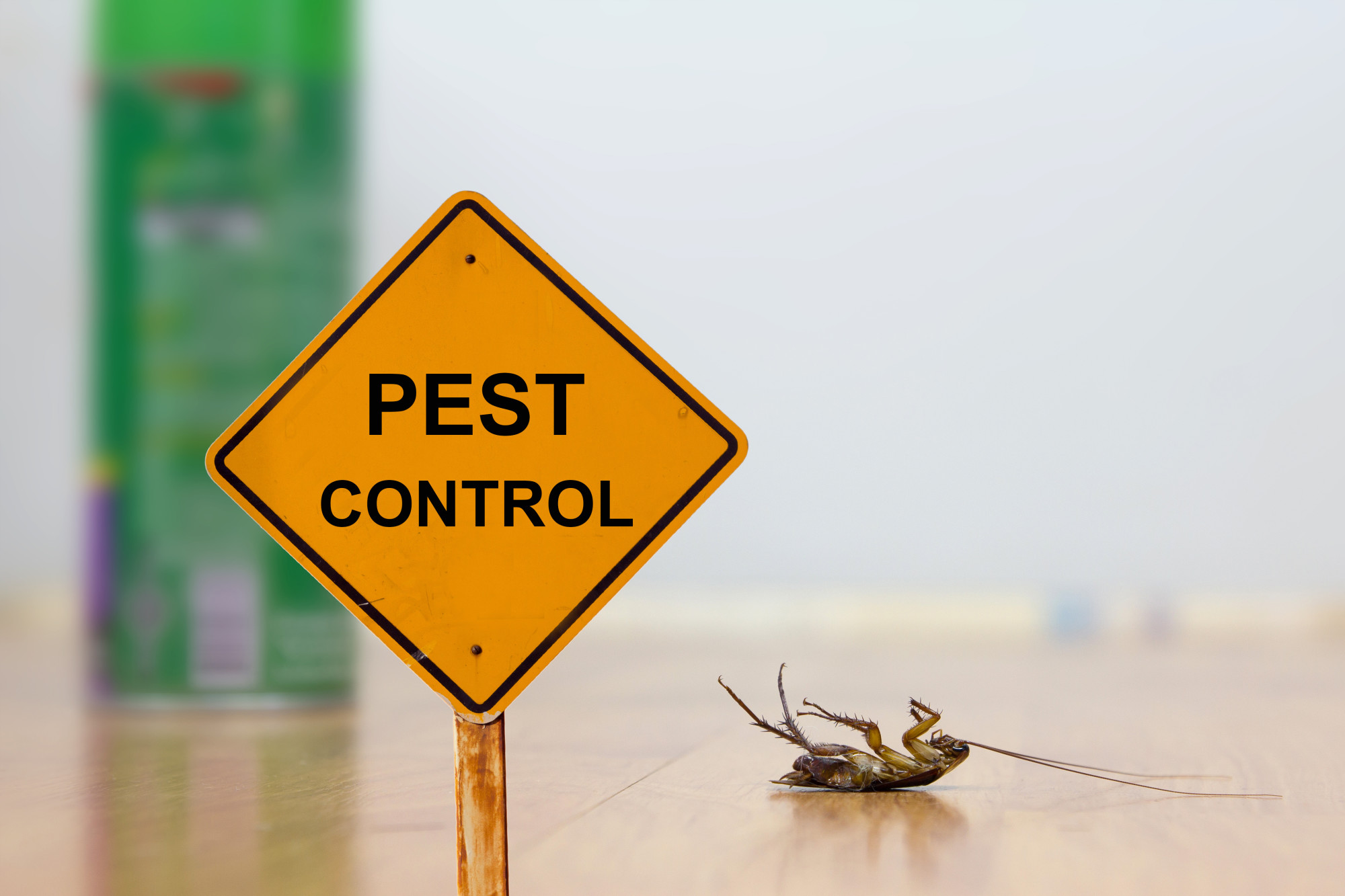Are you struggling to keep your home free of pests?
Regular pest infestations can disrupt your day-to-day life. It can slow down your home’s sale value and hurt the property value of your neighbors.
We want to help. Keep reading to learn how to keep pests out of your home forever. With the help of these home maintenance tips, you’ll have a clean and healthy home.
Contents
Block Entry Points
When it comes to keeping your home free of pests, one of the most important steps is blocking their entry points. Pests can easily find their way into your home through small gaps and cracks. It’s crucial to identify and seal these openings to prevent their intrusion.
Start by thoroughly inspecting your doors and windows. Seal windows and check for any gaps or spaces that pests could use to sneak inside.
Use weather stripping to seal the gaps around your doors, ensuring a tight seal. For windows, apply caulk to fill in any cracks or openings.
Don’t forget to examine the exterior of your home as well. Look for gaps in the foundation, walls, or vents. Seal them off using an appropriate sealant or mortar.
By blocking the entry points, you create a barrier that makes it difficult for pests to access your home. This simple yet effective measure will go a long way in keeping your living space pest-free.
Maintain Cleanliness
Maintaining cleanliness in your home is important for hygiene. It also plays a significant role in keeping pests away.
Pests are often attracted to food sources and unclean environments. So it’s essential to stay on top of your cleaning routine.
Start by sweeping or vacuuming your floors to remove any crumbs or food particles that may attract pests. Don’t forget to clean under furniture and appliances where debris can accumulate. Wipe down surfaces to reduce spills and residue that can lure pests.
In the kitchen, clean up any spills or food scraps. Be sure to store food in sealed containers.
Empty your trash regularly. Make sure that it has a tight-fitting lid. Pests can quickly become attracted to the odors emanating from unattended garbage.
Eliminate Standing Water
Standing water can be a breeding ground for pests like mosquitoes and flies. Eliminating stagnant water sources is essential in keeping these annoying pests away.
Start by inspecting your surroundings for any areas where water tends to accumulate. Check for clogged gutters, birdbaths, flowerpot saucers, or any containers that collect rainwater. Regularly empty and clean these areas to prevent water from becoming stagnant.
Ensure proper drainage in your yard to avoid pooling water. Fix any leaks or dripping faucets. These can create damp environments that can attract pests.
If you have a garden, consider using watering techniques that reduce excess water accumulation. Water your plants in the morning. This will allow them to dry throughout the day.
By eliminating standing water, you reduce the chances of pests finding a suitable breeding ground near your home.
Properly Store Food
Properly storing food is crucial in preventing pests from infesting your home. Pests are often attracted to accessible food sources. Follow these tips to keep your food safe and unappealing to pests.
Start by storing food in airtight containers made of plastic, glass, or metal. This prevents pests from smelling and accessing your food. Make sure containers are tightly sealed to maintain freshness and keep pests out.
Keep your pantry organized and regularly check for expired or spoiled items. Dispose of them promptly to avoid attracting pests.
Lastly, don’t forget about pet food. Store it in sealed containers and avoid leaving it out overnight. Pests are also drawn to the smell of pet food, so keeping it secure is important.
Trim Vegetation
Maintaining well-trimmed vegetation around your home is an effective way to keep pests at bay. Overgrown shrubs and plants can provide pathways for pests to access your house.
Trim tree branches and shrubs that touch or are close to your home. Pests like ants and rodents can use these branches as bridges to reach your house. By creating a gap between your home and vegetation, you make it more difficult for pests to gain entry.
Keep your lawn mowed and weeds under control. Tall grass and weeds can harbor pests and create hiding spots. Regularly cut your lawn and remove any tall grass or weeds near your home’s foundation.
Dispose of Garbage Regularly
Proper garbage disposal is an important part of home care. The odors and food wastes that accumulate in your trash can attract pests.
Use sturdy trash cans with tight-fitting lids to prevent pests from accessing the contents. Make sure the lids are always secured to keep pests out.
Dispose of your garbage regularly, especially perishable items or food waste. Avoid letting it accumulate for extended periods, as this can attract pests and lead to infestations.
Consider storing your garbage cans in a secure area if possible. This further prevents pests from gaining access. It also reduces the likelihood of attracting them to your property.
Use Natural Repellents
When it comes to pest control, natural repellents can be a safe and effective option. Consider using essential oils with strong scents that pests dislike.
Peppermint, lavender, and citrus oils repel insects like ants, mosquitoes, and flies. Mix a few drops of these oils with water and spray the solution around entry points or areas where pests are commonly seen.
Plant pest-repelling herbs and flowers in your garden or near entry points. Plants like basil, rosemary, and marigolds naturally deter pests with their strong scents. Plus, they add beauty to your surroundings!
By using these, you can ward off pests without relying on harsh chemicals. Experiment with these to find what works best for your specific pest problems. You can also seek assistance from mosquito pest control services to help you with getting rid of pests.
Proper Home Maintenance to Get Rid of Pests
Proper home maintenance is the best way to keep pests out of your living areas. Perform inspections, clear away all clutter, and do not give pests a place to hide.
Take proper measures today to rid your home of pests. Call a professional exterminator now if you’re not sure how to handle the pest problem.
For more information and tips, check out the rest of our blog!



